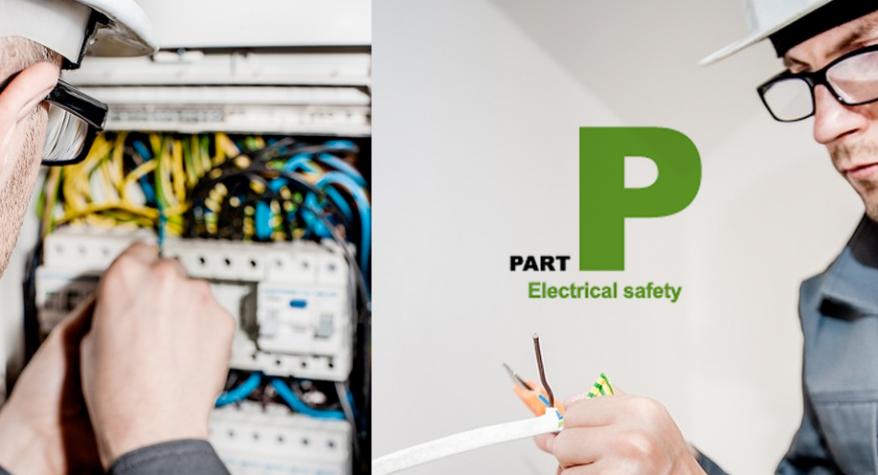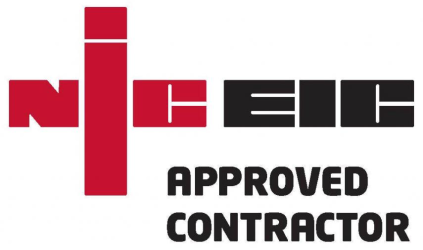What is Part P
Part P is a new part of the Building Regulations which was introduced by government in 2005 and affects all electrical work carried out in dwellings.
It states that anyone carrying out electrical work in homes and gardens in England and Wales should follow the rules set out in BS7671 The IEE Wiring Regulations, the relevent building regulations and more importantly report the work to local building control to ensure that they are complying with the law. These rules are designed to ensure that electrical work is safe.
After any new electrical work has been completed in your home you must be presented with an installation certificate by the person doing the work.
Why has Part P been introduced?
Part P has been introduced in order to reduce the number of deaths, injuries and fires caused by faulty electrical installations and make life harder for ‘cowboys’ to leave electrical installations in an unsafe condition.
What is a Competent Person?
A ‘Competent Person’ is a firm that has been approved by one of the government-approved Part P schemes as sufficiently competent to self-certify that its work complies with the Building Regulations.
A registered firm is not required to notify a building control body of its proposals to carry out electrical installation work before it begins, or to have the work inspected on completion. This reduces costs for the customer as the additional charges for calling out a building control body can be avoided.
If a firm wishes to become a Competent Person it must first be vetted to ensure it meets the conditions of registration, including the required levels of competence. The minimum standard of technical competence required is as follows: Electrical work in dwellings is designed, installed, inspected and tested to the standard required by BS 7671.
Applicants for a Part P Competent Person Scheme are assessed to be able to work to these standards.
Why should I use a Competent Person?
A firm registered as a ‘competent person’:
• Can deal with all the new rules for you.
• Is qualified to carry out electrical work to BS 7671, the national safety standard.
• Will give you a certificate to confirm their work follows the new rules.
• You do not have to pay Building Control charges.
• You have the option of taking out an insurance-backed guarantee for the work.
• You have access to a formal complaints procedure if you are not happy with the work.
If you decide against using a registered firm to carry out any work for you, bear in mind the following points:
• There is no guarantee that the electrical installation is safe.
• You will have no official record of the work you’ve had carried out.
• You may have difficulty selling your home if you do not have the right electrical safety certificates.
• Your local authority’s Building Control Department may insist that you put right any faulty work.
Failing to comply with the Building Regulations is a criminal offence; however, registration with a Competent Person scheme is not compulsory. If you decide to use a firm that has not registered as a Competent Person,you must ensure that the firm has submitted notification of the work and arranged for it to be inspected and certified by your local authority’s Building Control Department on completion.






